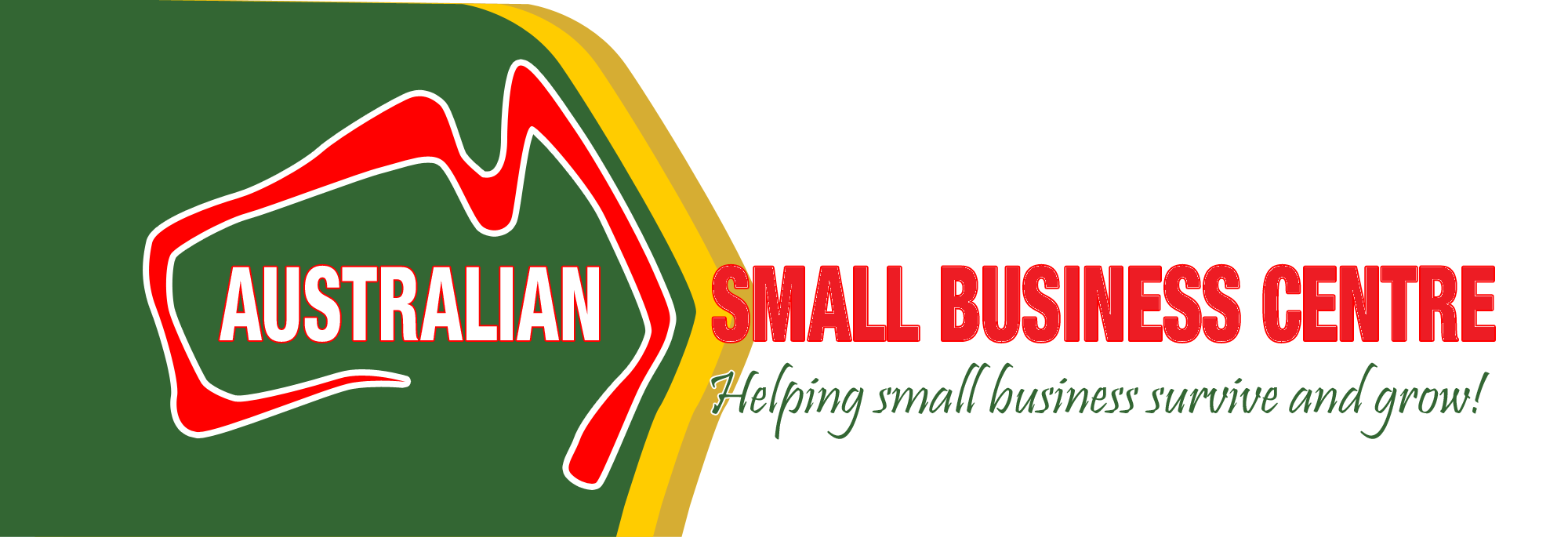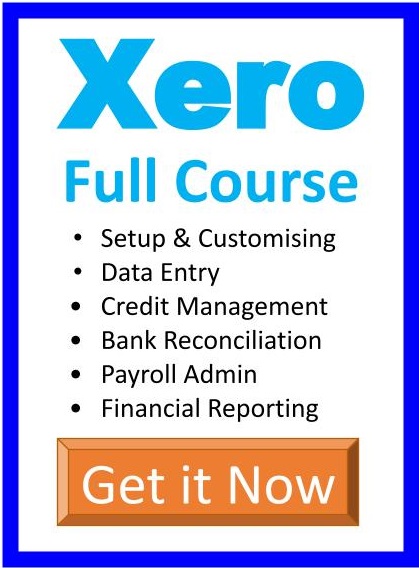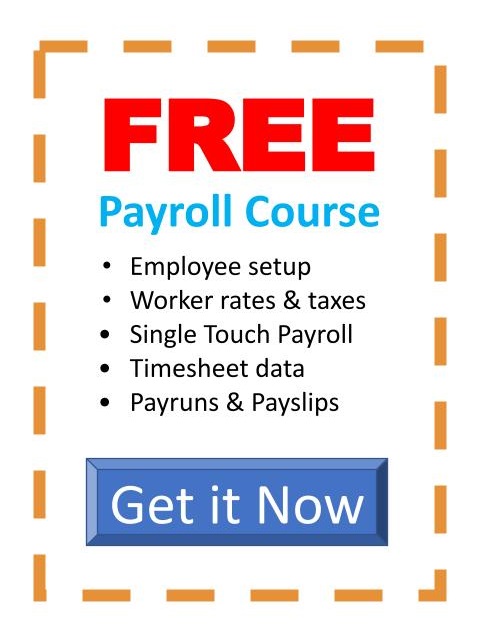How Do You Protect Your Business’ Intellectual Property?
 We’ve spoken before about trademarks and registrations and it’s worth reiterating that there is not a single business operating in Australia, or throughout the world, that doesn’t have some kind of intellectual property it should be protecting.
We’ve spoken before about trademarks and registrations and it’s worth reiterating that there is not a single business operating in Australia, or throughout the world, that doesn’t have some kind of intellectual property it should be protecting.
And yet, very few business owners give much thought to what parts of their business make up their unique intellectual property, never mind going to any great lengths to protect it.
That’s probably because most business owners, especially small business owners, think that the only reason to protect your intellectual property is to stop others from trying to steal it for their own commercial gain.
There are lots of business owners who think like this, and many of them are probably right — it’s unlikely they’ll ever have their intellectual property stolen. But that doesn’t mean their intellectual property won’t provide any value to their business in the future — which is precisely why every business owner should take steps to protect their intellectual property now.
Intellectual property is a major asset to any business
In the Intellectual Property and General Law component of our Business Startup Online Training Course, students learn how to identify all of the intellectual property associated with their business (known as intangible assets), how to protect those assets from infringement, and, crucially, you’ll learn how to commercialise your intellectual property.
Consider a company like Apple. It’s not their branding alone (their logo) that makes the company so profitable. It’s the products they create that’s made them the profitable tech company they are today. Their computers and tablets and phones and watches may be tangible assets, but they sprang from an intangible one: an idea, a creation of the mind.
It goes without saying, then, that any design or idea or iteration of an idea at Apple is protected by a patent, trademark or industrial design registration, to ensure that their company continues to remain as profitable and powerful as it is today, by limiting the number of people privy to this information to those employed by Apple only.
Intellectual property is more valuable than nearly any tangible asset
Anyone can manufacture a computer or a smartphone — just as anyone can sell deep fried chicken — but only one company can make a computer or smartphone that functions precisely as an Apple computer or smartphone does, and only that one company can call them a iMac or iPhone; likewise, only one company can sell deep fried chicken called Kentucky Fried Chicken, and market it as being made with the Colonel’s Secret Herbs and Spices.
That’s because, in the case of both Apple and KFC, it’s their intellectual property that sets them apart from other, similar businesses, like IBM and Red Rooster, for example. But, okay, suppose your business isn’t a tech company or a fast food business. Suppose you’re a real estate, a retailer or an online training business. Presumably, you have a certain way of doing things, a process or system for conducting your business; you probably have a client list, too, and possibly a distribution agreement, as well. Guess what?
Your website domain name, processes, client lists and databases, and your distribution agreements — they’re all considered intellectual property, which, being unique to your business (unless you’ve licensed them elsewhere), are intrinsically linked to your business’s overall value. It ensure your business remains valuable (or, ideally, grows in value), then protecting your intellectual property is critical.
***
Learn more about identifying and protecting critical elements of your business’s intellectual property, as well as how to commercialise your intellectual property, by enrolling in the Business Startup Online Training Course. Alternatively, subscribe to our blog to receive advice and insights about starting and operating a small business in Australia, delivered straight to your Inbox.
















